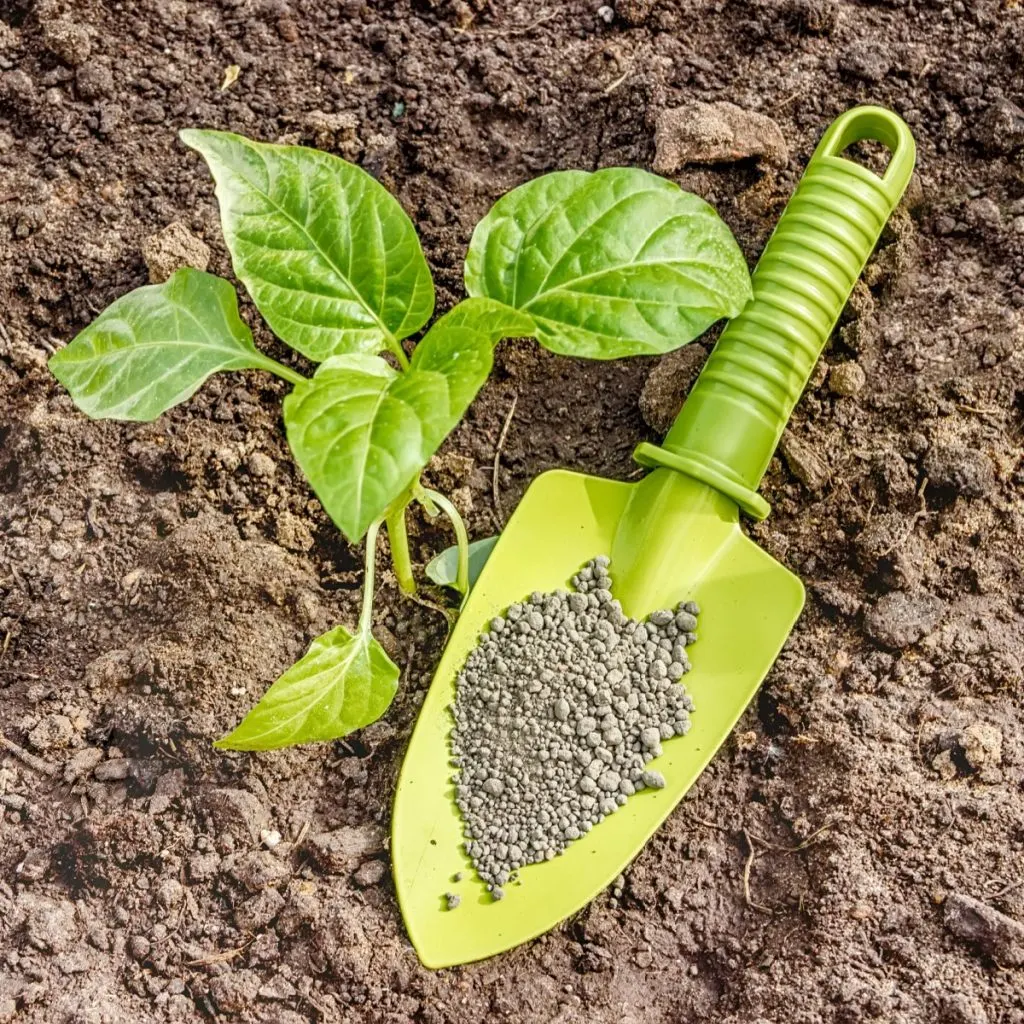Best Fertilizers for Peppers: A Comprehensive Overview to Boost Your Harvest
Best Fertilizers for Peppers: A Comprehensive Overview to Boost Your Harvest
Blog Article
How Fertilizers Play a Crucial Role in Cultivating Plentiful and healthy Pepper Crops
Plant foods work as the backbone of successful pepper growing, supplying a calculated approach to nurturing the dirt and promoting optimal plant growth. The intricate dancing between important nutrients and the pepper plants' physiological procedures underscores the pivotal role that plant foods play in making certain an abundant harvest. From fueling robust root growth to bolstering condition resistance, the influence of plant foods is significant in the growing of healthy and worthwhile pepper crops. Remain tuned to uncover the nuanced methods which plant foods add to the flourishing of pepper plants and the lasting techniques that underpin their effectiveness.
Significance of Nutrient-Rich Fertilizers
The use of nutrient-rich plant foods plays a pivotal function in boosting the productivity and top quality of pepper crops in modern farming techniques. Nitrogen, potassium, and phosphorus are main nutrients that are important for the development and development of pepper plants.
Poor levels of these nutrients can result in stunted development, minimized returns, and vulnerability to diseases (best fertilizers for peppers). Nutrient-rich fertilizers provide a targeted option to make sure that pepper plants obtain the required elements for optimum development and efficiency. In addition, these plant foods assist enhance soil fertility over time, producing a lasting atmosphere for long-lasting pepper farming
Enhancing Plant Development and Development
To maximize plant growth and growth in pepper crops, tactical application of nutrient-rich plant foods is vital. Plant foods play a vital function in improving the total health and wellness and efficiency of pepper plants by giving them with necessary nutrients that might be doing not have in the dirt. Potassium, phosphorus, and nitrogen are primary macronutrients needed in big quantities by peppers for durable development. Nitrogen aids in leafed eco-friendly development and overall plant vigor, phosphorus supports origin advancement and flower formation, while potassium adds to disease resistance and fruit top quality.
Iron, for instance, is necessary for chlorophyll production, which is important for photosynthesis and overall plant growth. Zinc plays a crucial duty in enzyme activity and hormonal agent synthesis, influencing plant growth and development at a cellular level.

Boosting Illness Resistance With Fertilizers
By strategically including targeted plant foods, farmers can bolster the illness resistance of pepper crops, making certain ideal plant health and wellness and efficiency. Plant foods consisting of vital nutrients like potassium, nitrogen, and phosphorus play an important function in enhancing pepper plants' immune systems, making them more resistant to different diseases. Nitrogen, as an example, aids in the manufacturing of healthy proteins that are vital for plant defense reaction. Phosphorus adds to root advancement, making it possible for plants to much better take in nutrients and water, thus enhancing their capability to ward off conditions. Potassium regulates procedures that improve general plant health and wellness, making peppers a lot more durable against pathogens.

Taking Full Advantage Of Pepper Return Via Fertilizing
Making use of a well balanced fertilization method is key to accomplishing optimum pepper yield and making certain optimal plant efficiency. By offering peppers with the right nutrients at the correct time, farmers can dramatically boost their yield capacity. Potassium, nitrogen, and phosphorus are crucial components for pepper growth, with nitrogen assisting in leaf and stem growth, phosphorus supporting origin growth and flower development, and potassium promoting general plant health.
To optimize pepper yield, it is crucial to conduct dirt tests to establish existing nutrition degrees and identify any shortages that need to be attended to. Based upon these results, farmers can develop a customized fertilizing strategy that meets the particular needs of their pepper crops. In addition, correct fertilization strategies such as split applications throughout the expanding season can ensure continual vitamins and mineral availability for the plants.

Sustainable Plant Food Practices for Peppers
In thinking about sustainable plant food practices for peppers, it is critical to concentrate on long-lasting soil health and ecological stewardship in combination with optimizing crop efficiency. One vital technique is the usage of natural fertilizers such as compost, manure, or cover plants, which not only offer necessary nutrients to the peppers yet additionally add look what i found to dirt framework and microbial activity. best fertilizers for peppers.
Furthermore, precision farming methods, such as soil screening and targeted nutrient applications, can help maximize plant food use, guaranteeing that peppers obtain the nutrients they require without excess runoff into waterways. This not just benefits the setting by decreasing contamination yet likewise conserves costs for farmers by lessening waste. By adopting sustainable plant food practices, pepper cultivators can secure the health and wellness of their crops, soil, and bordering ecosystems for future generations.
Conclusion
To conclude, plant foods are crucial for growing Discover More healthy and balanced and abundant pepper plants. best fertilizers for peppers. They offer required nutrients for plant growth and advancement, boost illness resistance, and make the most of return. By executing lasting fertilizer practices, farmers can make sure the long-term wellness of their pepper crops and add to an extra environmentally-friendly and effective agricultural system
The intricate dancing between vital nutrients and the pepper plants' physical processes underscores the critical role that fertilizers play in ensuring a bountiful harvest.To enhance plant development and advancement in pepper crops, critical application of nutrient-rich fertilizers is important. Fertilizers play an essential duty in improving the general health and efficiency of pepper plants by providing them with crucial nutrients that may be lacking in the dirt.By purposefully incorporating targeted fertilizers, farmers can boost the illness resistance of pepper crops, making sure ideal plant wellness and performance. Plant foods having vital nutrients like potassium, nitrogen, and phosphorus play an important function in reinforcing pepper plants' immune systems, making them a lot more resilient to various conditions.
Report this page